Buildings
Did you know that 86% of us in the UK are already interested in making home improvements to cut our energy bills?
Did you know that 86% of us in the UK are already interested in making home improvements to cut our energy bills? Or that 82% of us want to make them to reduce our carbon footprint?
In Manchester, a quarter of our carbon emissions come from homes and a big part of the solution comes from retrofitting, making our houses more energy efficient, and learning savvy ways to reduce waste.
Keeping your home warm in the winter and cool in the Summer often means blasting heaters or fans, but this comes at a cost to both your pocket and the environment, which can be avoided.
The majority of the energy we use at home is generated from the National Grid, coming from the burning of fossil fuels, which is one of the main causes of climate change.
DIY tricks like using draught excluders to stop cold breezes sneaking in under your doors, fitting an insulation blanket on your water heater, and bleeding your radiators can keep both the cold out and heating costs down. Check out some simple hacks below:
Paired with simple fixes in the warmer months (think storing jugs of water in the fridge so you don’t have to run taps until they get cold), and hacks to make your home more energy-efficient all year long, the road from being willing to make a change, and being able to has never been shorter.
Ready to get started? Check out these handy resources!
Explore our building related projects:
Interested to learn more? Check out these external resources:
Take a look at the Energy Saving Trust’s solar panel calculator to get an idea of how much you could save by installing a solar photovoltaic (PV) system at home: Use the calculator
Thinking of going solar? Bee Net Zero has plenty of advice on the topic: Bee Net Zero's Rooftop Revolution
Green Economy’s marketplace is an online directory of installers, suppliers and solution providers to help you make informed decisions when sourcing local suppliers for net zero projects or businesses: Green Economy | Marketplace: Find green products & services
A useful guide to reducing the carbon footprint of places of worship, developed by The Tyndall Centre for Climate Research, one of In Our Nature’s partners: Environmental Stewardship in Places of Worship: A Guide to Reducing our Carbon Footprint. For additional guidance see @climateandworship | Linktree
Energy
Brrrr! Making the most of our energy and keeping our bills down can be a tricky subject to master, but there are lots of practical things we can do to keep our homes warm and save money throughout the winter.
Brrrr! Making the most of our energy and keeping our bills down can be a tricky subject to master, but there are lots of practical things we can do to keep our homes warm and save money throughout the winter.
Did you know dialing down your thermostat 1°C could save the average UK household around £100 a year? Last year’s record high temperatures meant that UK households consumed 14% less energy than in 2021, but with rising costs of living there’s still plenty of ways to cut back on bills when we look at the ways we use energy every day.
Every time we turn on the light, switch on a plug, or use hot water, the energy that we use comes directly from the National Grid. Whilst the UK is generating more energy from clean and renewable sources every year, lots of this energy comes from burning fossil fuels; one of the main causes of climate change.
Here are some simple changes you can start making right now…
From our friends at Money Saving Expert:
Fitting a hot water cylinder jacket could reduce heat loss by up to 75% and save you as much as £45 a year.
Turning radiator valves down to between 2.5 and 3 in rooms you don’t use could save you around £70 a year.
Other top tips:
Switching your lights to low energy bulbs - LED lights are a bright idea that use 85% less energy than traditional bulbs and last much longer.
Saving hot water - opt for shorter showers (aim for 4 minutes!) instead of baths, pop a pan lid on when cooking, use a washing-up bowl when doing dishes by hand and only boil enough water in the kettle for the cups of tea you’re making.
Swapping your energy supplier - power your home with wind, solar, or hydro power to make a really big difference. It can often be cheaper too, if you find a good supplier.
Ready to tap in? Make your energy go further than ever with these resources:
Check out our energy related projects:
Food
Did you know that between 2021 and 2022, wasted food cost families around £80 per month? That’s £960 a year!
Did you know that between 2021 and 2022, wasted food cost families around £80 per month? That’s £960 a year (WRAP)! In the UK, 60% of our food waste comes from our households which is hard to swallow, but don’t worry – a few simple switches to our daily habits can help keep more of our meals out of our bins and in our bellies (where they should be!)
Making your food go further is often simpler than it sounds. Ever wondered how to make your avocado or salad leaves last just a bit longer? Or been unsure if something’s still okay to eat?
In the lead up to 2023, over 70% of us in the UK were already making changes to how we buy, store and manage food (WRAP). Making lots of small changes to how we think about food on can make a massive difference when cutting out food waste, helping both the planet and your pocket.
If all of that’s sounding like your cup of tea (or you’re ready to dig into a wider variety of actions), here’s our menu to help change your day-to-day habits:
Starters:
Shopping and cooking smarter (planning ahead and batch-cooking)
Storing food correctly (did you know frozen foods tend to be picked and frozen at peak ripeness, when they’re most nutritious?)
Growing your own food at home
Mains:
Adding more plants to your plate (to reduce the carbon footprint of meals and make them healthier)
Eating seasonal, local foods (fruit and veg are at their tastiest when they’re in season)
Desserts:
Donating surplus food to a Community Fridge (find one near you)
(Each of these come with a side of savings on money, time and effort in the kitchen, as well as the sweet satisfaction of making a lasting impact for the environment)
Ready to tuck in? Check out these pages to get started:
Explore our food related projects:
Getting around
Beep beep! Did you know that Manchester has fewer cars per person than any other UK city outside London?
Beep beep! Did you know that Manchester has fewer cars per person than any other UK city outside London? But, according to the Government, 1.62 billion vehicle miles were still travelled on Manchester’s roads in 2022, contributing to 34% of the UK’s total carbon emissions which come from transport. (gov.uk)
How we—and our things—get around can make a big difference to our carbon footprints. Manchester is one of the worst cities in the UK for air pollution, and pollution from road transport is the biggest culprit. While invisible, polluted air is the largest environmental risk to our health and can impact the most vulnerable in our society the most.
Yet there's no need to feel exhausted or stuck in a jam. By walking and cycling more, flying less, sharing your journeys and using public transport you could save money, help reduce your own carbon footprint, improve your wellbeing, and help protect the health of everyone in Manchester at the same time! Win, win, win!
Check out these tips and resources to help you keep Manchester’s air clean and green!
Discover our projects related to getting around Manchester:
Explore some external resources to help you travel cleaner and greener:
Leave the car at home with Bee Network’s journey planner: Plan a journey | Bee Network | Powered by TfGM
The things we buy and throw away
You may have heard of the 3 R's, and no we're not speaking pirate; we're talking reduce, reuse, recycle.
You may have heard of the 3 R's, and no we're not speaking pirate; we're talking reduce, reuse, recycle. It turns out that Manchester is doing it right. This year, we managed to slim our waste lines by over 74,000 tonnes (Greater Manchester Combined Authority, 2023), the equivalent of over 1,500 trams!
Reducing the amount we waste means that more of our stuff is lasting us longer and then being given a second life at recycling centres when we’re done with it.
Besides separating out the rubbish that can be recycled or composted instead of going to landfill, there’s a lot of potential to avoid unnecessary waste altogether when we take great care of the things we own.
Switching to a reusable coffee cup (to stack up discounts at local cafés instead of single-use disposables), tapping into slow fashion to repair or restyle the clothes in our wardrobes before buying new (the guaranteed best deal you’ll find), fixing old furniture and donating our old devices to fight e-waste and inequality in access – all these positive actions help us to get the most out of the things we buy and do our bit for the planet.
A big bonus? When it comes to reducing waste, most of the actions we take will actually put money back in our pockets for more useful things: in 2021 almost half of us in the UK bought new clothes once a month, spending £133.06 on average (WRAP). That’s just under £1600 a year you could save or spend on a staycation or two instead!
Check out these simple tips for making your stuff go further
Explore our projects linked to clothes and other things we buy:
Discover our in depth toolkits and guides
Nature and growing
And, breathe! Did you know that spending just a small amount of time in nature is linked to lots of benefits for our physical and mental health?
And, breathe! Did you know that spending just a small amount of time in nature is linked to lots of benefits for our physical and mental health?
By doing a bit of gardening, or stepping out into a local park for a lunch-time stroll, we can help to reduce our blood pressure and stress, and lower our risk of developing any cardiovascular or respiratory issues.
Getting outdoors amongst plants and wildlife is a great way to unplug from our busy lifestyles and reconnect with the world around us. You could even say that enjoying time outside helps us get more in touch with what’s going on inside (your inner nature).
In Greater Manchester for example, improving the green space along Bridgewater Canal (check it out if you’re close by!) encouraged residents to walk more and have more social interactions, so having access to shared green spaces can help foster community too.
Even if your area isn’t the greenest of places, some small changes to your day-to-day activities can make a big difference when it comes to taking more notice of the environment: whether it’s spending an afternoon in one of Manchester’s 30 parks (picnic anyone?), switching to a more scenic cycle route, or learning how to grow at home, we’ve got a bunch of tips to help make your home and the city greener and wilder.
As well as making us feel good and saving us money (think lower energy use when you swap a short car ride for a walk or having fresh veg from your garden over store-bought), protecting our green spaces can help reduce the effects of climate change by keeping our cities cooler, improving air quality and reducing the risk of flash flooding.
Ready to turn over a new leaf and make a lasting impact? Check out these pages to learn how:
Discover our projects linked to nature and growing:
Want to grow to the next level? Dive in to our nature toolkit:
Want to get a community nature project up and running? Learn from the best about how to get started.
Interested to learn more? Check out these external resources:
Home Grown Guide: how to grow 6 easy vegetables (Sow the City)
Fruit and vegetable planting calendar (Sow the City)
Growing Manchester Webinars (Sow the City)



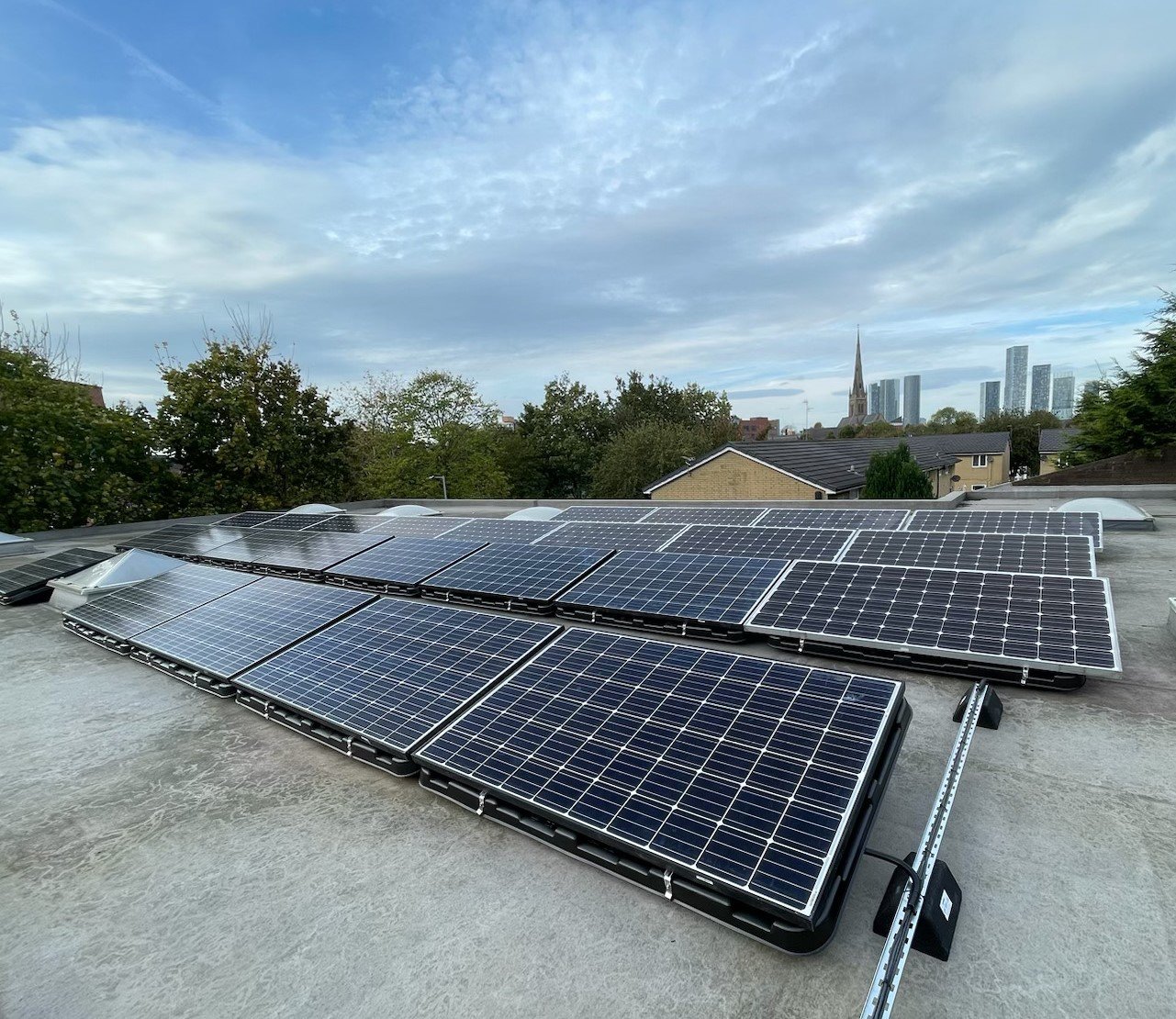
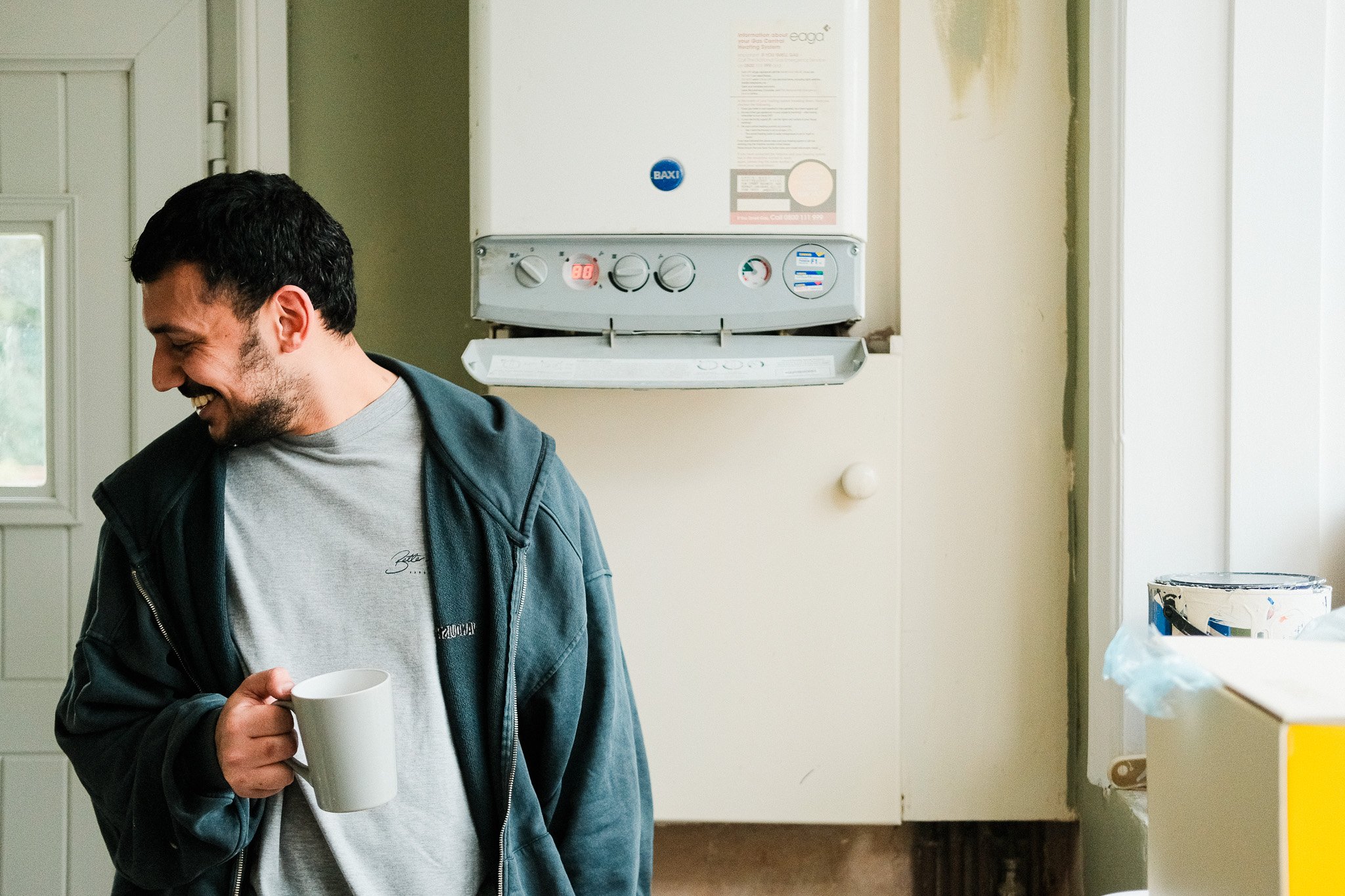












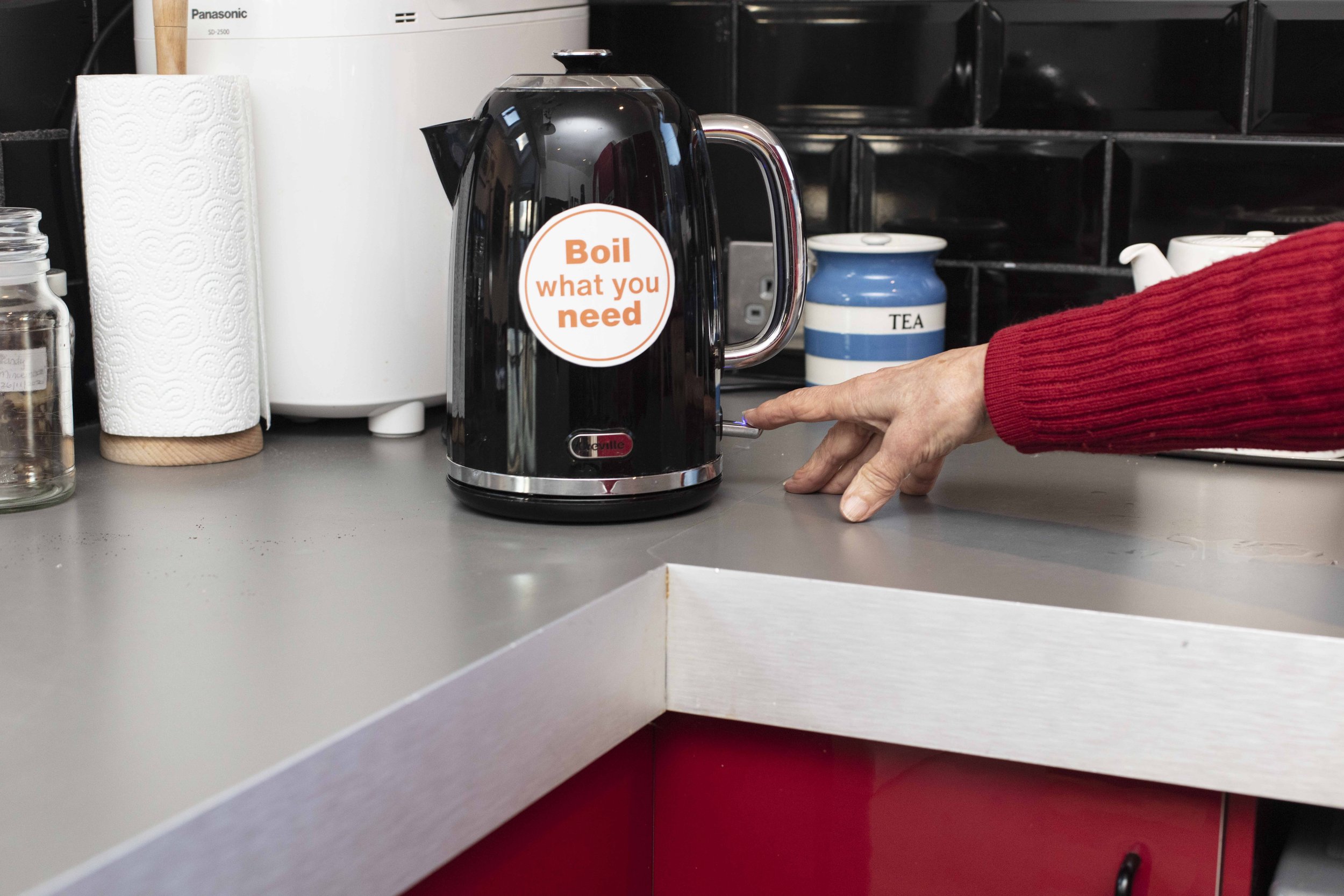



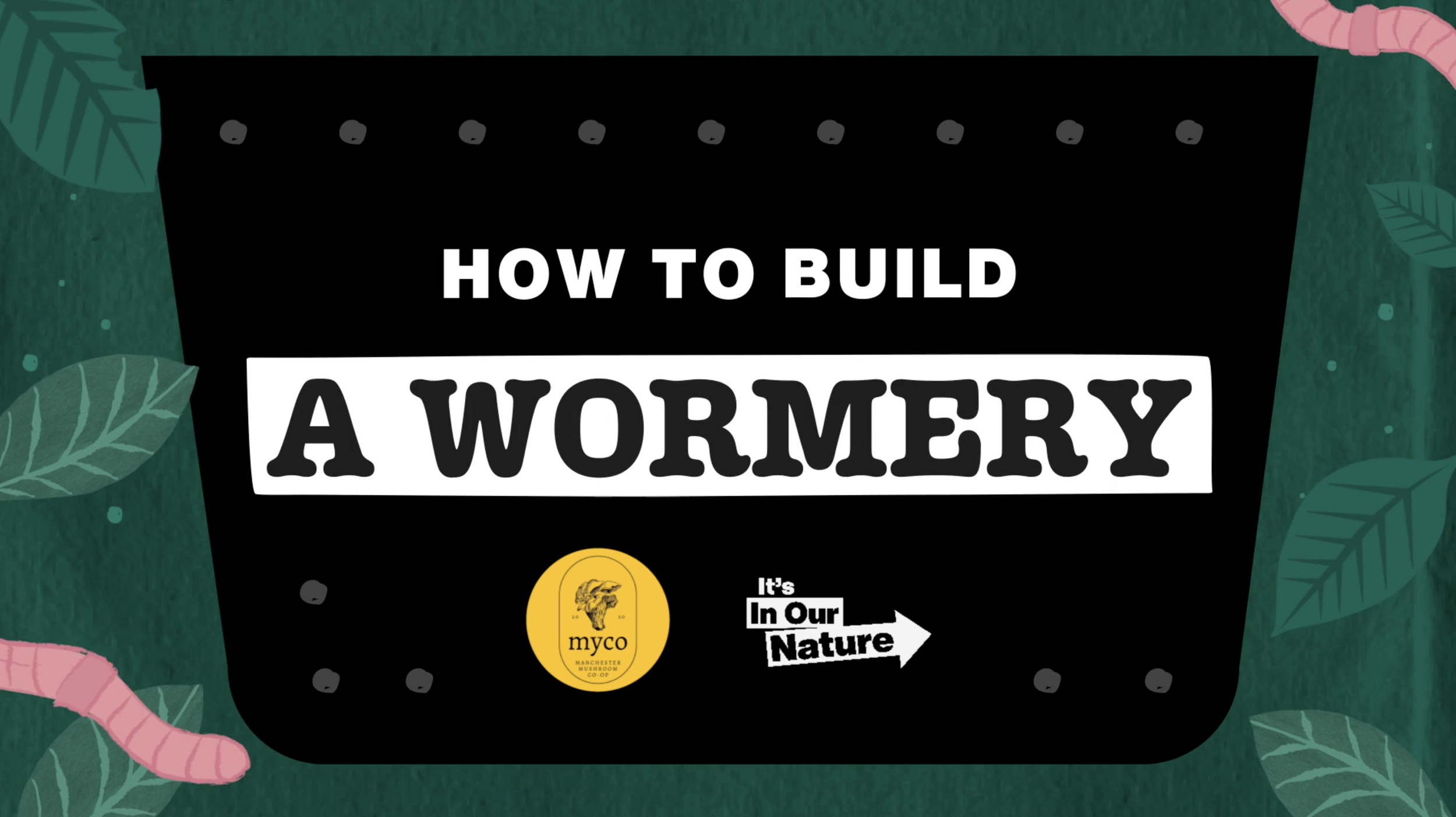




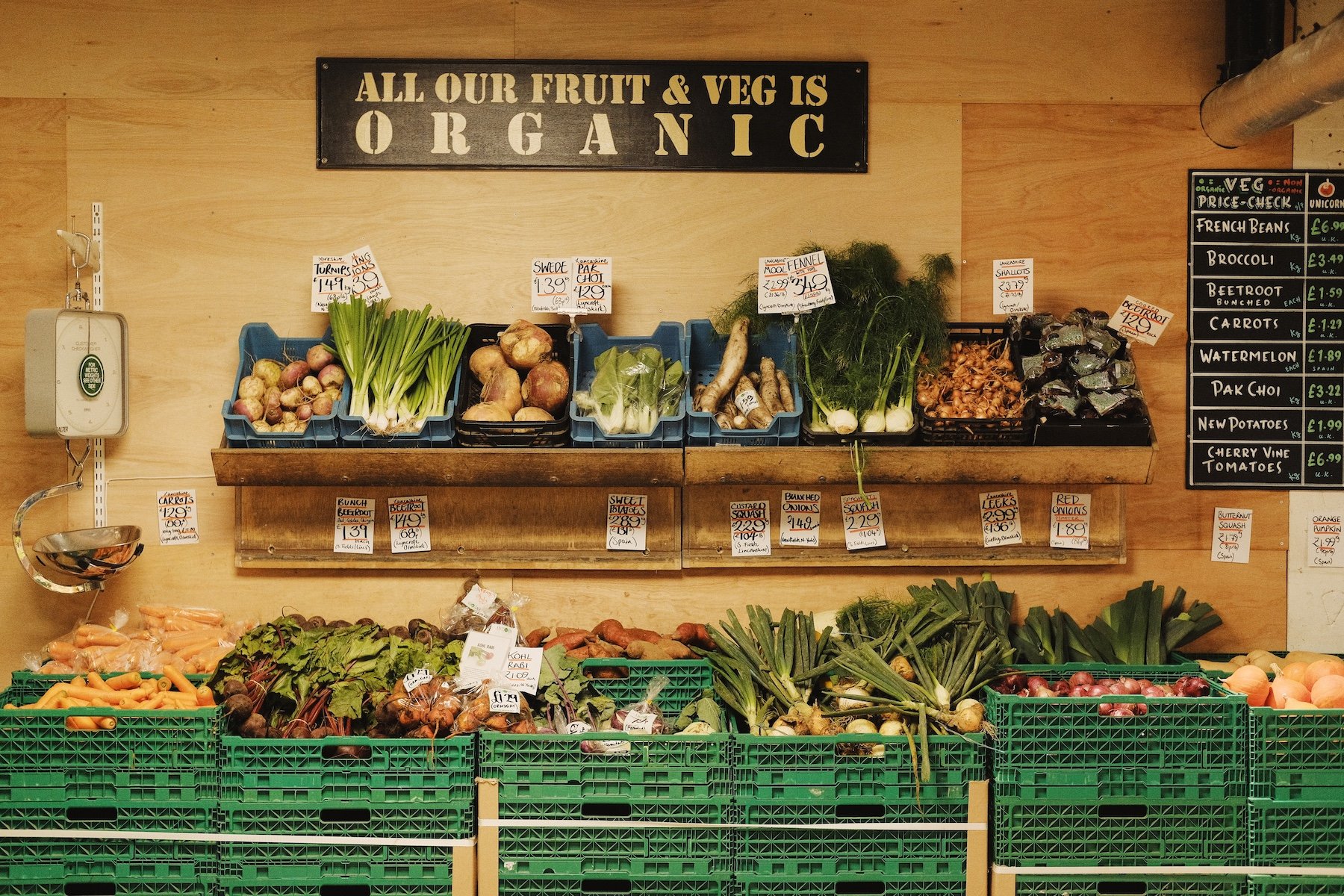










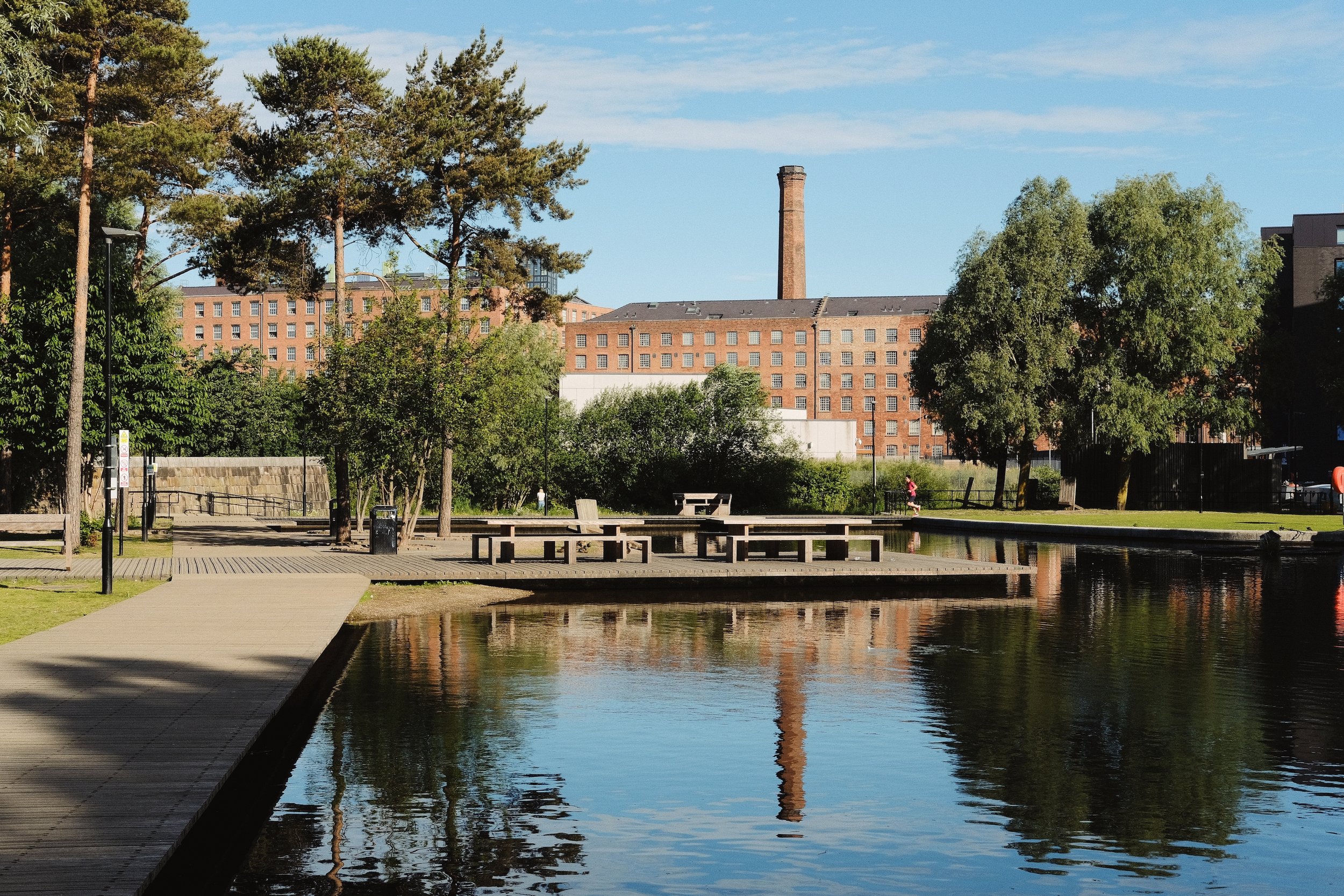











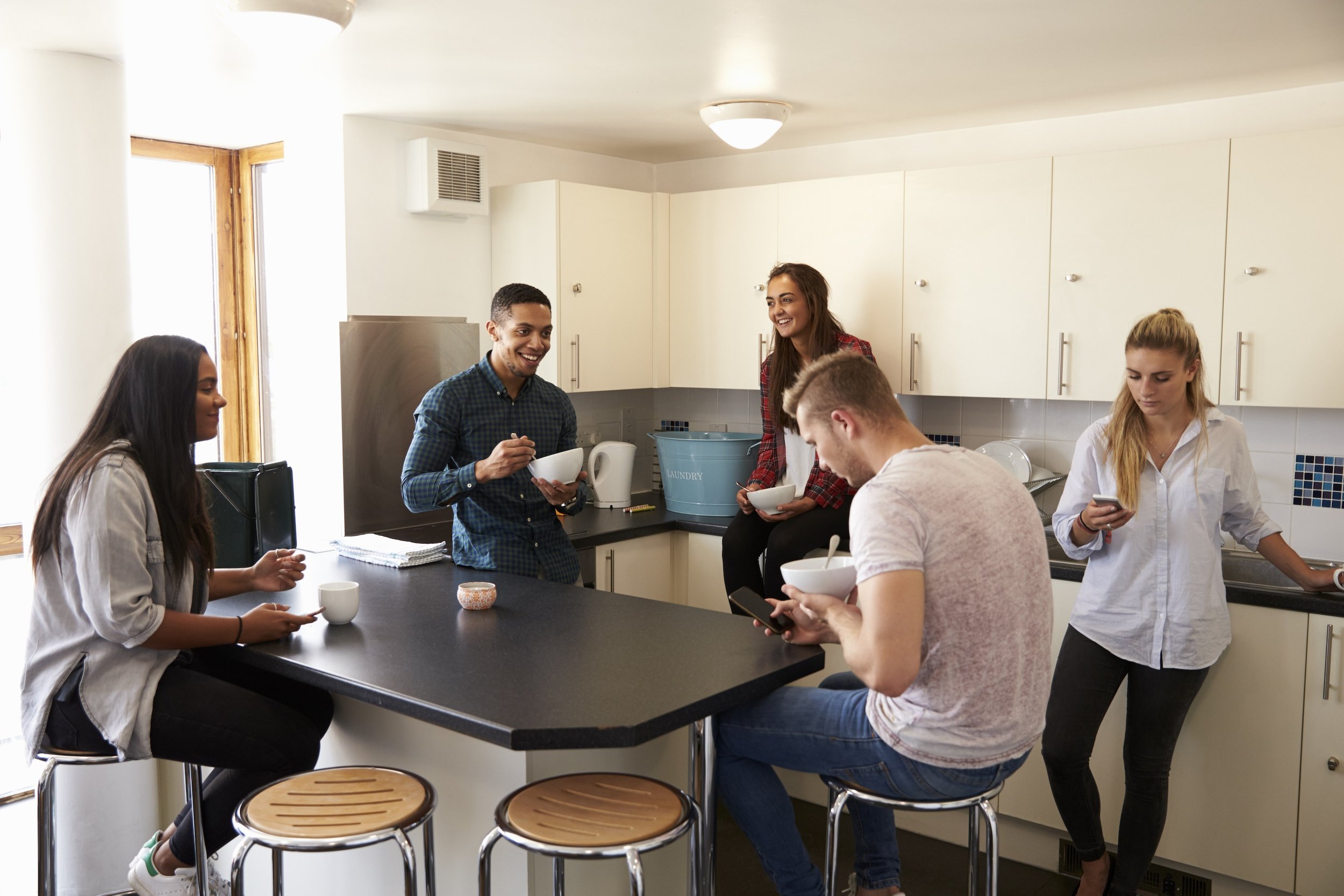
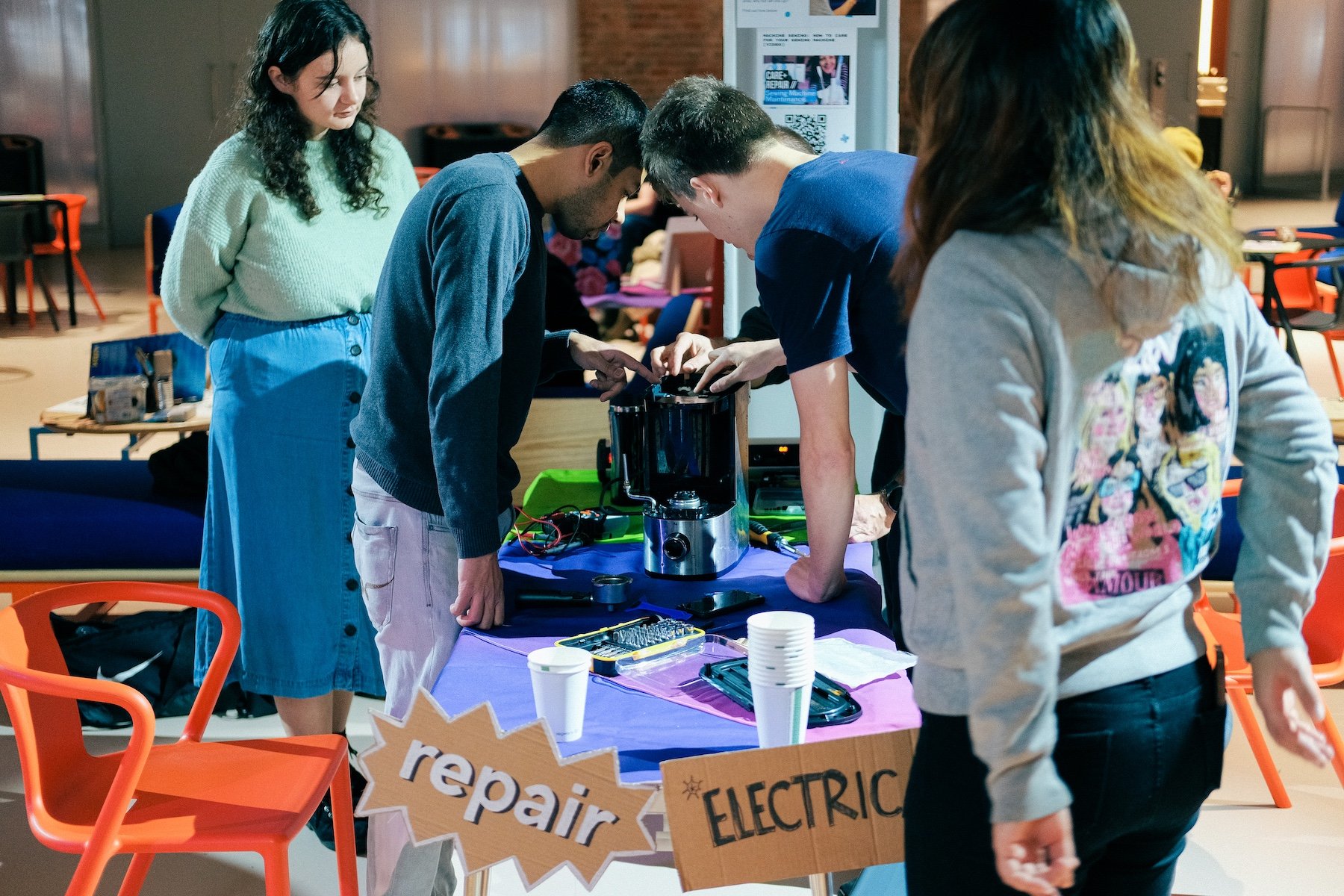
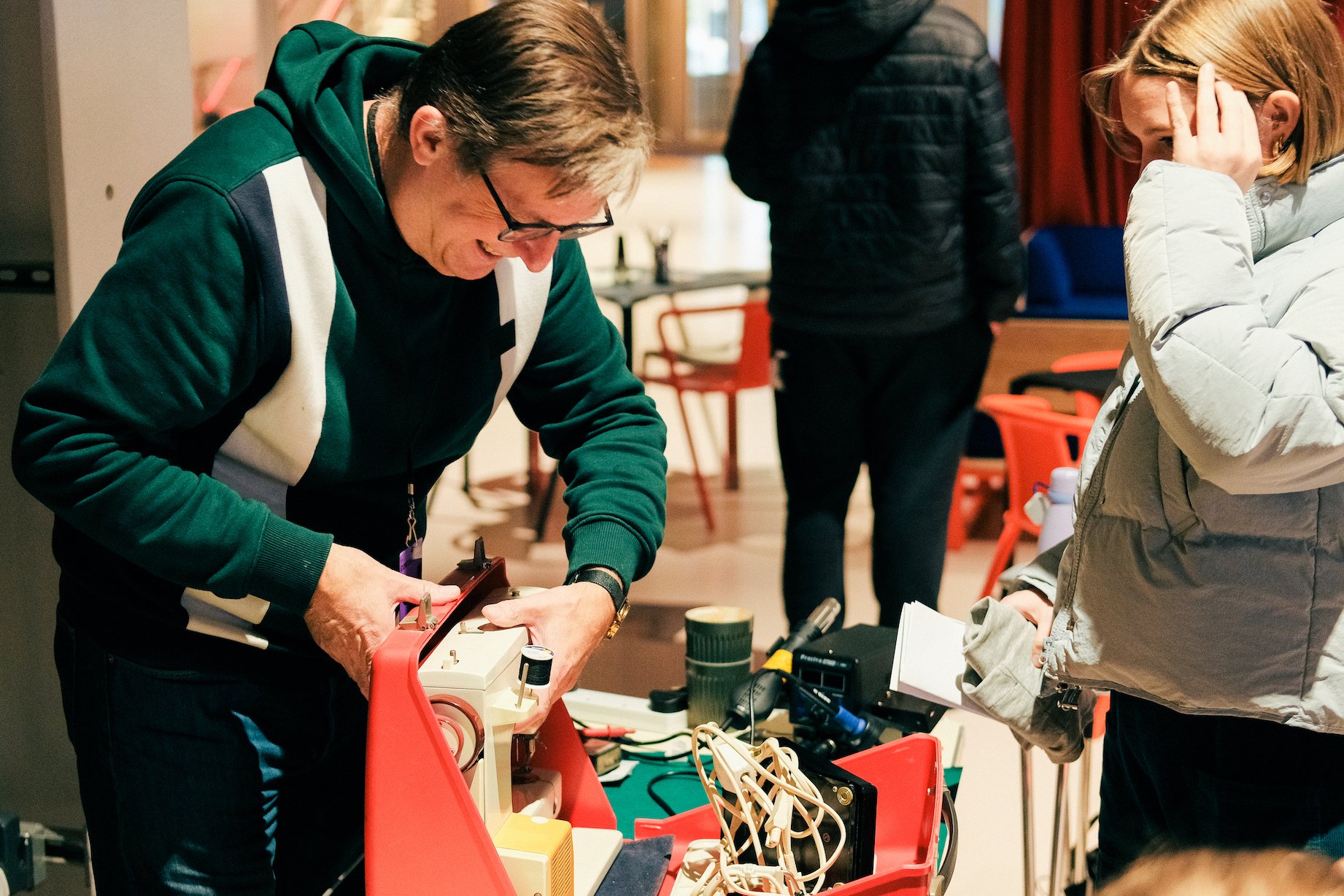
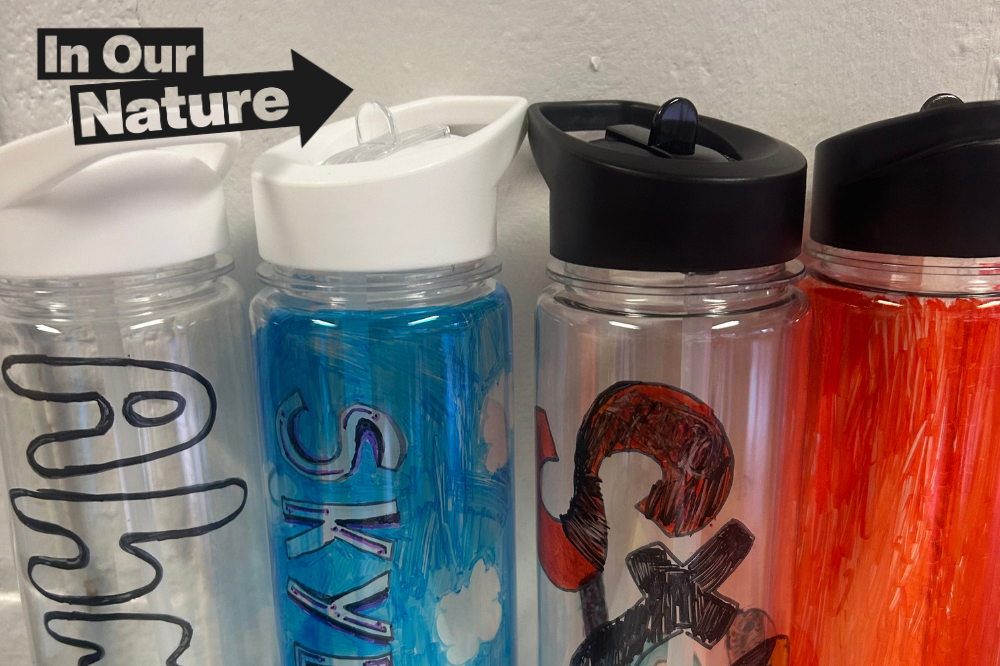








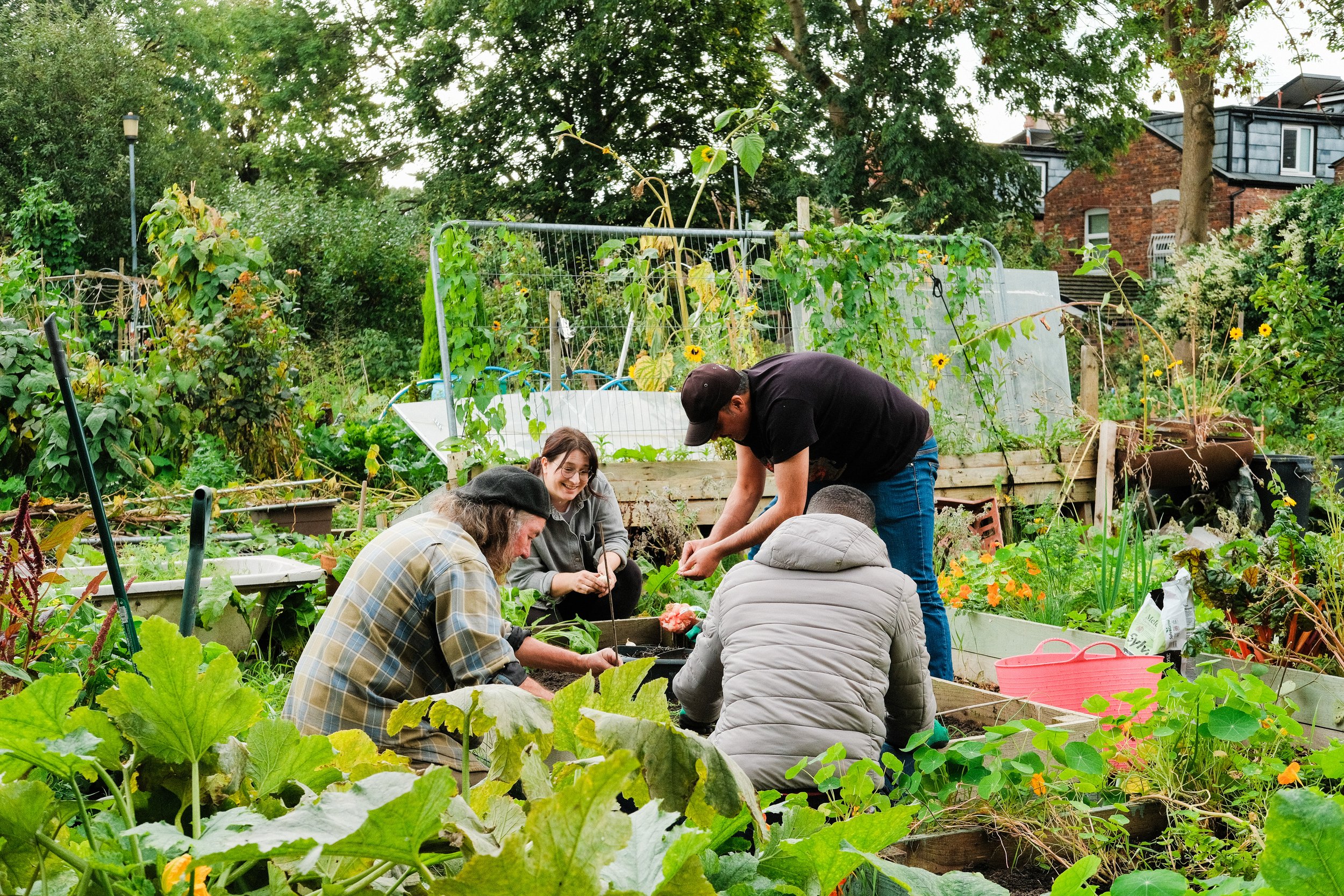






We’re here to myth-bust best before and use-by dates.